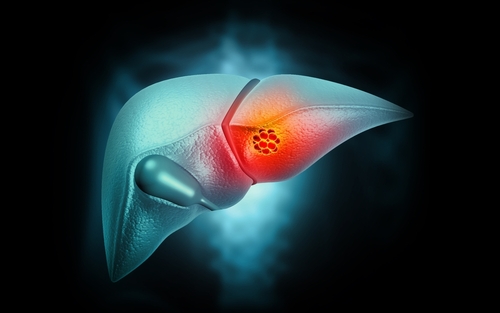
A new study, led by Dr. Qiuran Xu and published in BMC Cancer, identified MEX3C as a possible option for treating patients with hepatocellular carcinoma (HCC). Xu and colleagues noted that MEX3C knockdown plus lenvatinib could serve as a novel therapeutic avenue for the disease.
Despite prior research indicating that an immune checkpoint inhibitor plus lenvatinib led to increased overall survival, investigators noted that the outcome for patients with HCC was suboptimal. They also highlighted that the immune microenvironment of HCC is significantly complex.
Researchers collected data from several databases and created a predictive model after observing the variations in MEX3C expression during hepatocarcinogenesis. They then analyzed the connection between MEX3C expression levels and immune-infiltrating cells after enriching genes associated with MEX3C and reviewing its functional role. Investigators also used cell function experiments to evaluate the effects of MEX3C knockdown and lenvatinib on hepatoma cells.
In patients with HCC, MEX3C expression appeared elevated compared with normal tissues. Researchers connected increased levels of MEX3C expression to poor prognosis. According to univariate Cox analysis, MEX3C expression (95% CI, 1.233-4.204), gender (95% CI, 0.269-0.942), and tumor stage (95% CI, 1.140-60.306) were found to be independent prognostic factors in patients with HCC.
Xu and colleagues observed a correlation between heightened immune checkpoint expression in patients with elevated MEX3C levels and heightened myeloid-derived suppressor cell expression.
MEX3C knockdown combined with lenvatinib led to a stronger inhibitory effect on HCC cells than lenvatinib alone.
Researchers noted several of the study’s limitations, including the absence of co-culture experiments and protein-level data. They called for further in vivo experiments to corroborate their findings.
Xu and colleagues concluded that MEX3C is a possible prognostic marker and therapeutic target for treating patients with HCC. They also highlighted the immunomodulatory influence of MEX3C. “Furthermore, the combination of MEX3C knockdown and lenvatinib could offer a novel therapeutic avenue for HCC treatment,” they wrote.







 © 2025 Mashup Media, LLC, a Formedics Property. All Rights Reserved.
© 2025 Mashup Media, LLC, a Formedics Property. All Rights Reserved.